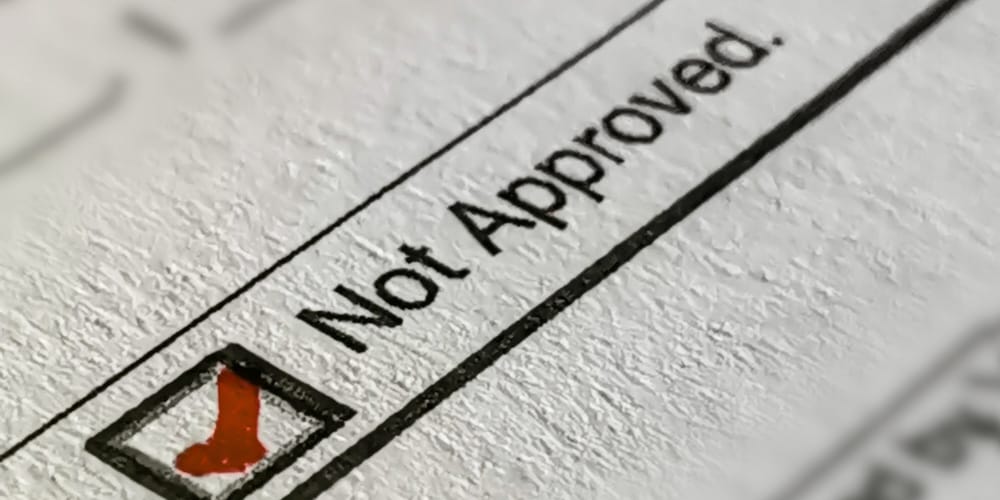- Advance Genie
- Posts
- ☠️ Only 27% of Cannabis Businesses Survive This Government Trap
☠️ Only 27% of Cannabis Businesses Survive This Government Trap
When hope meets harsh reality in 2025
Welcome to Advance Genie, weekly newsletter that helps operators in highly stigmatized industries find alternative financing methods.
Cannabis businesses are getting whiplash.
One day there's hope for massive tax relief through federal rescheduling.
The next day the federal government slams the door on SBA loans.
Meanwhile, you're still paying tax rates that would bankrupt most businesses.
Here's what's really happening with cannabis finance in 2025 and how to navigate the chaos.
The Tax Burden That Won't Go Away

Section 280E of the tax code is crushing cannabis businesses.
State-legal marijuana companies paid more than $1.8 billion in excess taxes compared to non-cannabis businesses in 2022.
That number grew to $2.1 billion in 2023.
And it's projected to hit $5.2 billion by 2030 without reform.
Because cannabis remains a Schedule I controlled substance, businesses can't deduct ordinary expenses like payroll, rent, utilities, or marketing. The 280E phenomenon often results in tax rates exceeding 70% for marijuana retailers.
Some of the largest cannabis companies are paying more than $100 million annually in federal taxes they wouldn't owe in any other industry.
For comparison, imagine trying to run a restaurant where you can't deduct employee wages, rent, or ingredient costs from your taxable income.
You'd be bankrupt within months.
Hope Gets Stuck in Bureaucratic Limbo

The promise of 280E relief through cannabis rescheduling is stalled indefinitely.
On January 13, 2025, the DEA cancelled the rescheduling hearing that was supposed to start January 21.
The process is now in a "holding pattern" with no timeline for resolution.
Here's the frustrating timeline:
October 2022: President Biden directs review of cannabis scheduling
August 2023: HHS recommends moving cannabis to Schedule III
May 2024: DEA proposes rescheduling rule, opens comment period
Nearly 43,000 comments submitted, over 90% supported rescheduling
January 2025: Hearing cancelled, process suspended
The Trump administration has not prioritized rescheduling in its first year, and there's no statutory deadline forcing the DEA to complete the process.
If rescheduling eventually happens, Section 280E would no longer apply, allowing cannabis businesses to deduct ordinary business expenses like any other legal business.
But that's a big "if" with an unknown timeline.
SBA Slams the Door on Hemp and Cannabis Lending

While rescheduling stalls, federal lending access just got worse.
On June 1st the SBA reinstated restrictive policies that disqualify most hemp and marijuana-adjacent businesses from 7(a) and 504 loan programs.
The new guidance affects:
Businesses growing, producing, or selling hemp-derived consumable products
Companies making food, supplements, or cosmetics containing CBD or THC
Any business the SBA deems as violating the Federal Food, Drug and Cosmetic Act
The policy places the burden of compliance on SBA lenders, not the SBA itself.
When lenders are tasked with interpreting vague legality standards, they'll err on the side of risk aversion.
This is the same pattern we've seen with cannabis banking.
Lenders avoid the entire sector rather than risk compliance issues.
Regulatory Squeeze Creates Financing Nightmare

Cannabis businesses are caught between impossible tax rates and restricted access to capital.
Only 27% of U.S. cannabis businesses are profitable according to Whitney Economics research.
That's largely due to the 280E tax burden making normal business operations unsustainable.
Meanwhile, Republicans in Congress are actively working to prevent 280E relief even if cannabis gets rescheduled, wanting to ensure cannabis businesses continue paying billions in excess taxes.
The squeeze is intentional.
Make the tax burden unbearable while cutting off federal lending, forcing businesses to either fail or seek expensive alternative financing.
Your Survival Strategy: Alternative Capital and Tax Planning
Cannabis businesses face a perfect storm: punitive taxes designed to kill profitability and federal lending restrictions that force reliance on expensive capital.
The regulatory whiplash isn't accidental.
It's a coordinated effort to make cannabis businesses unsustainable while maintaining plausible deniability about supporting the industry.
Smart cannabis businesses aren't waiting for federal relief that may never come.
File protective refund claims now to preserve rights if 280E is eventually eliminated
Maximize cost of goods sold deductions, which are allowed under 280E
Consider installment agreements for unpaid 280E-related tax debt
Since SBA loans are off the table, focus on:
Revenue-based financing that adjusts with cash flow fluctuations
Asset-based lending secured by inventory, equipment, or real estate
Private debt funds specializing in cannabis and high-risk industries
Rescheduling could eliminate the 280E burden, dramatically reducing effective tax rates and opening up new opportunities for cannabis companies.
But with the process stalled indefinitely and political opposition mounting, waiting for federal relief is a losing strategy.
The businesses that survive will be those that build sustainable operations despite regulatory hostility, not those banking on political promises.
How We Can Help:
💬 Building something bold in a high-friction industry?
Advance Genie helps you find the right capital tools - without the runaround.
👉 Take the quiz to see if we are good fit
What'd you think of this issue? |